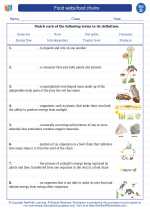Food webs/food chains -> renewable energy
Renewable Energy
Renewable energy is energy that is collected from renewable resources, which are naturally replenished on a human timescale, such as sunlight, wind, rain, tides, waves, and geothermal heat. These energy sources are considered renewable because they are naturally replenished and can be used indefinitely. Unlike non-renewable energy sources, such as fossil fuels, renewable energy sources have a much lower environmental impact and are sustainable in the long term.
Types of Renewable Energy
- Solar Energy: Solar energy is harnessed from the sun using photovoltaic cells to convert sunlight into electricity. It is a clean and abundant source of energy.
- Wind Energy: Wind energy is generated by capturing the kinetic energy of wind using wind turbines. It is one of the fastest-growing renewable energy sources.
- Hydropower: Hydropower is derived from the energy of flowing or falling water. It is one of the oldest sources of renewable energy and is commonly used to generate electricity.
- Geothermal Energy: Geothermal energy is obtained from the heat within the Earth. It is harnessed for power generation and heating systems.
- Biomass Energy: Biomass energy is produced from organic materials such as wood, agricultural residues, and municipal solid waste. It can be converted into biofuels or used for electricity generation.
Advantages of Renewable Energy
- Reduces greenhouse gas emissions and air pollution
- Decreases dependence on non-renewable energy sources
- Promotes energy independence and security
- Creates jobs and stimulates economic growth in the renewable energy sector
- Provides a sustainable and reliable source of energy
Challenges of Renewable Energy
- Intermittency: Some renewable energy sources, such as solar and wind, are intermittent and dependent on weather conditions.
- Storage: Developing efficient energy storage systems for renewable energy is a key challenge to ensure continuous supply.
- Initial Costs: The upfront costs of implementing renewable energy technologies can be high, although the long-term benefits often outweigh these costs.
- Infrastructure: The need for updated infrastructure to accommodate renewable energy integration into existing energy systems.
Study Guide
As you study renewable energy, make sure to familiarize yourself with the different types of renewable energy sources and their respective advantages and challenges. Understand the principles behind each type of renewable energy and how they are harnessed for power generation. Additionally, explore the environmental and economic impacts of renewable energy adoption on a global scale.
Consider the potential career opportunities in the renewable energy sector and the role of government policies in promoting the transition to renewable energy. Finally, examine the latest advancements in renewable energy technologies and research initiatives aimed at addressing the challenges associated with renewable energy integration.
By mastering the concepts and practical applications of renewable energy, you'll gain a deeper understanding of its significance in addressing environmental concerns and shaping the future of sustainable energy production.
[Renewable Energy] Related Worksheets and Study Guides:
.◂Science Worksheets and Study Guides Fourth Grade. Food webs/food chains
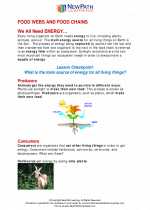
 Activity Lesson
Activity Lesson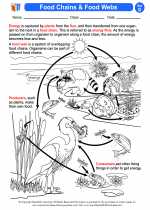
 Worksheet/Answer key
Worksheet/Answer key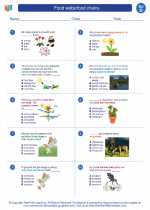
 Worksheet/Answer key
Worksheet/Answer key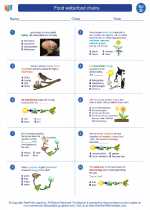
 Worksheet/Answer key
Worksheet/Answer key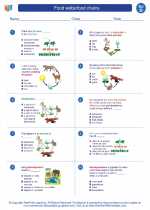
 Worksheet/Answer key
Worksheet/Answer key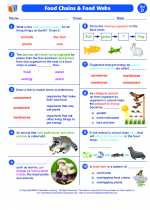
 Vocabulary/Answer key
Vocabulary/Answer key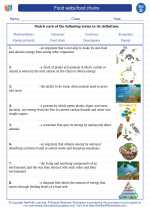
 Vocabulary/Answer key
Vocabulary/Answer key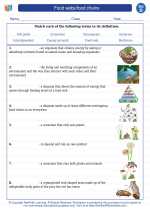
 Vocabulary/Answer key
Vocabulary/Answer key